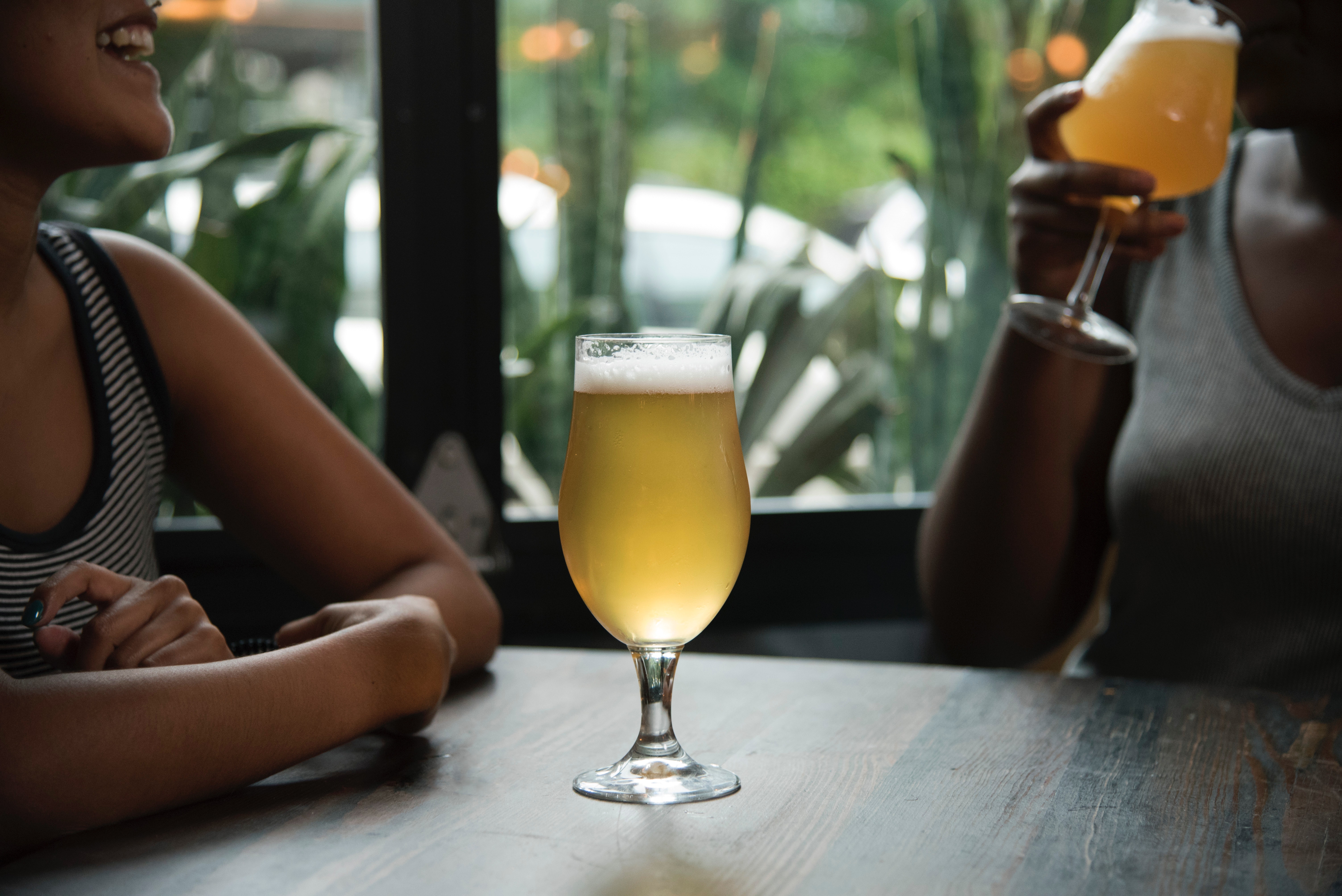
Today, more than any other time in recent history, the movement of people from nation to nation and across oceans has captivated the headlines and dominated popular conversation across the globe.
The city of Worcester has become home – sometimes temporarily, sometimes for longer – to people of many backgrounds. The faces of Worcester change rapidly, but the city is all the better for such diversity.
Clark University Associate Professor of International Development, Community and Environment (IDCE) Dr. Anita Fabos is curious about the relationships sparked amongst such a diverse community.
“Worcester is one of those cities that is constantly ‘becoming’ because people move away and people come in,” she said.
From the top down, Worcesterites are embracing the international influences flooding the city.
“People in Worcester are aware and quite positive about the almost-quarter of the city’s population coming from ‘outside.’ That’s a significant number of people. I believe not only are the mayor and his policy staff looking at it positively, a lot of business owners and community organizations are also in the know about this and are enthusiastic about how Worcester is becoming an international city,” Fabos added.
To better understand the effects of change, Fabos, with the help of other researchers, has designed a study to capture city residents’ opinions of intercultural relationships.
“Shared Worlds” asks participants: What is the relationship between U.S.- and foreign-born residents in the city of Worcester? The goal of the study, explained Fabos, is to uncover previously untapped opportunities for cross-cultural growth.
“The best thing we can do with change is understand the basics and try to help people understand what is going on. … We want to provide the background understanding to policymakers, community organizations and schools, so they can help create conditions of belonging for everybody,” she said.
At the heart of the study is an ease of participation. Topics brought up during the sessions can become uncomfortable; therefore, Fabos put a premium on privacy. No names are ever recorded.
“We come in and offer full confidentiality. We’re only there to hear their experiences and listen to their opinions and ideas about Worcester’s changing face,” said Fabos.
In the sessions, Clark University students act as research assistants while community facilitators interview groups of eight to 12 participants at various locations throughout Worcester.
Rather than recruiting via impersonal flyers distributed by students or staff, Fabos opted to contact community leaders and asked them to reach out to their networks to find willing participants.
Supported by the Mosakowski Institute for Public Enterprise, the IDCE-designed study was launched in October, after two facilitator-training meetings to prepare community members as session leaders. The facilitators are a diverse crowd; among the 22 community leaders are immigrants and native-born residents fluent in languages including Arabic, French, English and Vietnamese.
“It’s been wonderful to allow people to speak about their understanding of relationships in their community and other communities in their own languages,” said Fabos.
Place of birth does not separate participants in this study. “You could have foreign-born or native-born people who meet all of the requirements or markers of integration and inclusion, but if they don’t feel like they belong, what could policymakers do to encourage a sense of place, a sense of belonging to Worcester?” asked Fabos.
In order to obtain the most diverse data possible, Fabos approached a broad spectrum of Worcester-based businesses, nonprofit organizations, faith institutions and neighborhood groups. Key partners include the Worcester School District, Hope Coalition, the Worcester Community Connections Coalition, the International Center of Worcester, the Worcester Senior Center and African Community Education, said Fabos.
By contacting participants through existing cultural, ethnic, faith-based – you name it – communities, Fabos hopes to connect newer Worcester residents with communities of interest to them.
“I always think that the best way to design programs that are responsive to social needs is to understand what those social needs are in the first place. Some of the studies that have been done in Worcester already give you a really good understanding of the changing forces and demographics in the school system. That is really important information that is helpful to programming, but that kind of measurable data is good, but it is hard to understand whether or not people feel like they belong,” said Fabos.
The administrators of the project are hoping to hold 100 “Shared Worlds” sessions by the end of the year. More than 30 sessions have already been hosted by community facilitators.
Once their research is complete, Fabos, her fellow researchers and Clark University students involved in the study will produce a report of the study’s findings, including suggestions for Worcester city and community leaders.
For more information or to host a conversation in your community, contact info@sharedworlds.us or visit sharedworlds.us. Sessions are held seven days a week at various times, and interpreters are provided as needed
By Emily Gowdey-Backus






